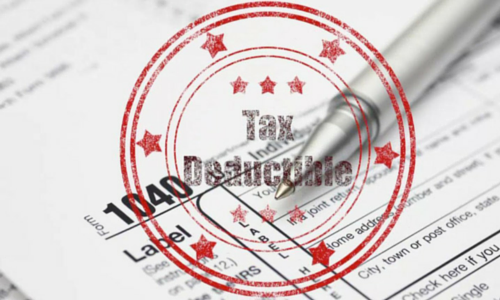Bookkeeping is crucial for any business, even if you are a small business just starting out. If you have a thorough bookkeeping system, you will be able to make good business decisions based on data, remain compliant with legal requirements, avoid loss through theft or careless handling of assets, and help your tax accountant limit your tax burden.
Bookkeeping Basics
Bookkeeping accounts fall into five categories: Assets (ex., inventory); Liabilities (ex., debt); Revenue/Income (ex., sales); Expenses (ex., utilities); and Equity (assets minus liabilities).
Within these five categories, you will have other accounts, i.e., subcategories for different financial activities. For instance, under Assets you may have accounts for cash, accounts receivable (what people owe you), inventory, and interest income. It’s important to make categories that will help you clearly see what’s happening with your money. For instance, rather than lumping many purchases under “Supplies,” try breaking out your most expensive or regular supply purchases so you can track the cost and make wise business decisions about your cash flow.
At the end of the year, or preferably at the end of each quarter, this information is summarized into several reports. These reports will help you and your accountant analyze your results and make good business decisions. Those reports generally include a balance sheet, profit & loss statement, and cash flow statement.
How to Bookkeep
There are certain steps you should take in order to create accurate documents to guide you in your business decisions:
- Record all transactions, including petty cash
- Track what’s owed you (accounts receivable) as well as what you owe (accounts payable), including all relevant details (date, item, price, company)
- Track your inventory (purchase date & price and sale date & price for each item) to decrease theft or misplacement and help you make decisions on how much inventory to carry
- Record employee expenses and file all required documents
It’s crucial that you keep to a strict schedule of recording all data. Enter all transactions or activities into your books or electronic bookkeeping system weekly. Balance your books at least quarterly so you can catch any errors. This will also allow you to make quick business decisions if you see a problem or opportunity.
Who Should Bookkeep for You
Unless you have a strong financial background, you should probably get an expert to help you with bookkeeping. As a small business, you can contract a bookkeeper or an accountant for a few hours per week or month, depending on your needs.
You will especially benefit from a bookkeeper or accountant’s help as your business grows and you hire contractors or employees. There are many legal requirements and forms to be filed associated with employees or contractors. However, the benefit is that, with their help, you can grow your business much more than you could alone.
At the end of the year, good bookkeeping will help you bring the right documents to your tax accountant, who will be able to give you the best tax results, help you analyze the reports, and make suggestions to help you continue to grow your business.
Koelle & Associates has been helping small businesses in Willow Grove, Fort Washington, Huntingdon Valley, and surrounding areas for over 30 years. Contact us to see how we can help you set up a bookkeeping system that will be right for you.





